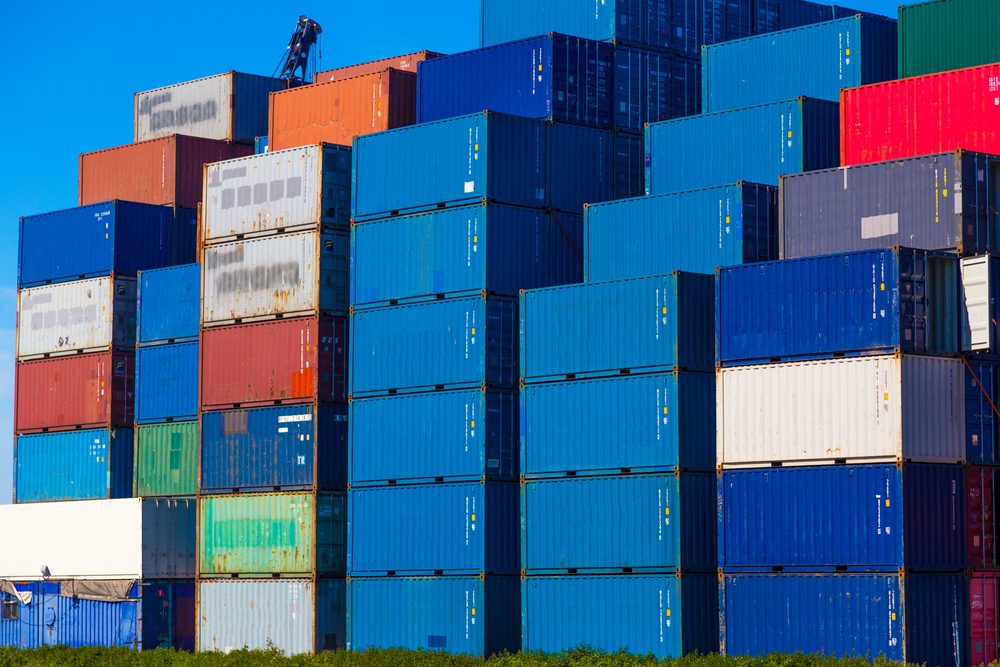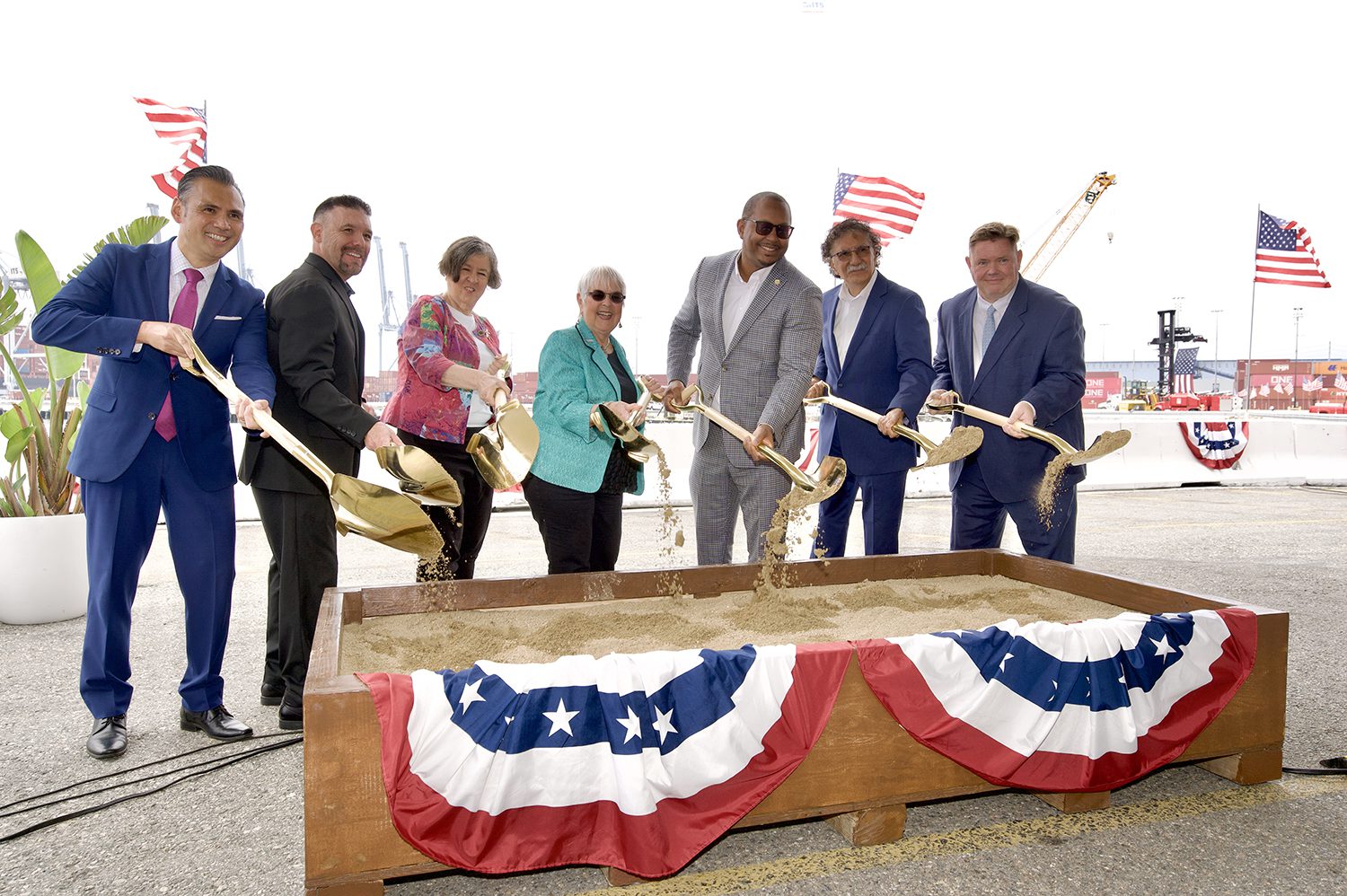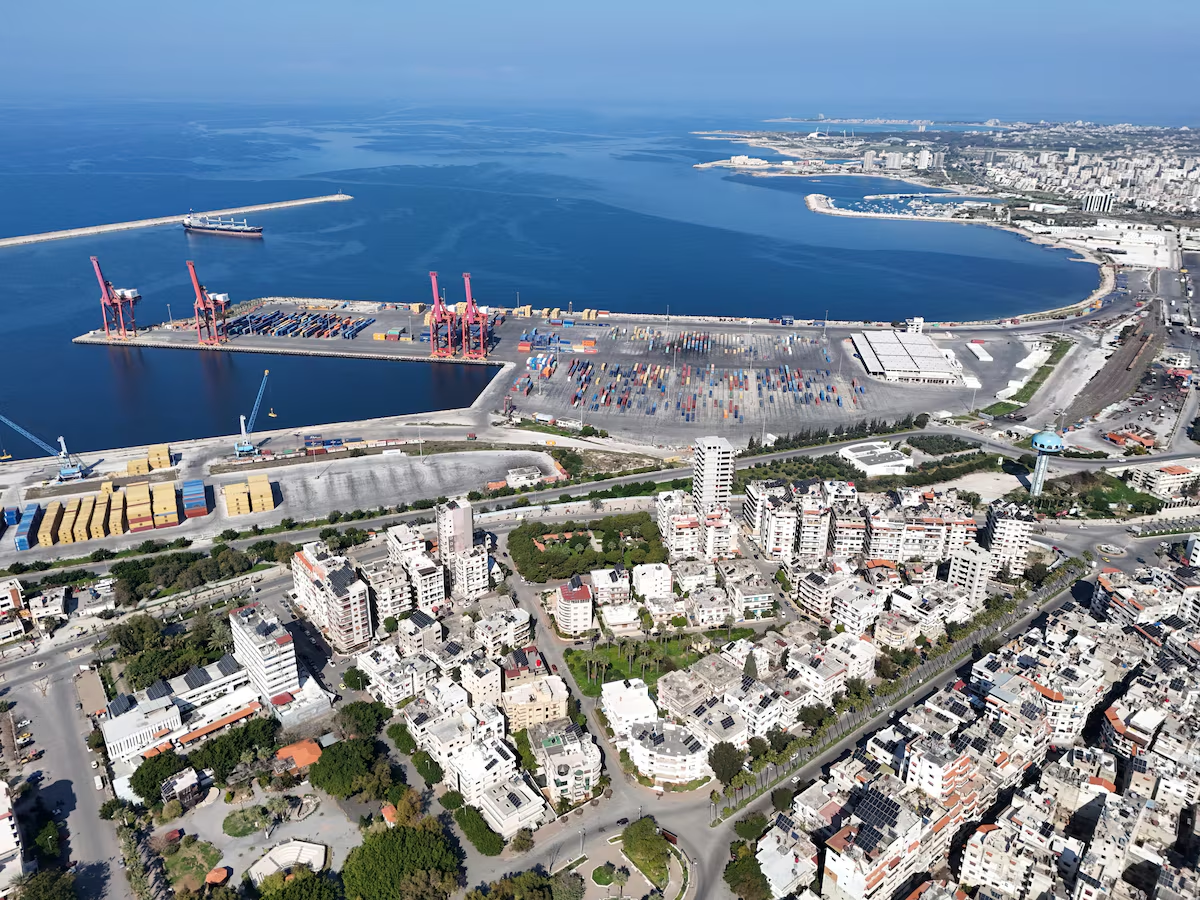If the cost of goods entering the country is lower, will that translate to lower prices at the stores and lower inflation numbers?
by Bernardo Caram (Reuters) Brazil’s government is planning to allow port costs to be excluded from tax calculations to lower the cost of imports, three Economy Ministry sources told Reuters, in a measure backed by the country’s industry lobby.
At the same time the government is mulling cutting the tax levied on shipping freight, two of the officials said.
The moves are prompted by the surge in commodity prices and higher shipping costs caused by the war in Ukraine.
The expense of unloading containers and moving goods within port areas is part of the base for calculating import and other taxes such as the IPI industrial tax, the ICMS state tax and the PIS/Cofins sales tax.
The three sources, who took part in drafting the measures, did not detail their fiscal cost to the Treasury, but said it was very low.
The Economy Ministry said it would not comment on the planned changes that are ready to be applied in a few days.
The National Confederation of Industry (CNI), Brazil’s top industry lobby, said in a 2020 study that ending the inclusion of port expenses in taxation on importers could add 134.5 billion reais to the economy over 20 years by expanding the flow of trade and direct investment in the country.
(Reporting by Bernardo Caram; Editing by Andrea Ricci)

 Join The Club
Join The Club











